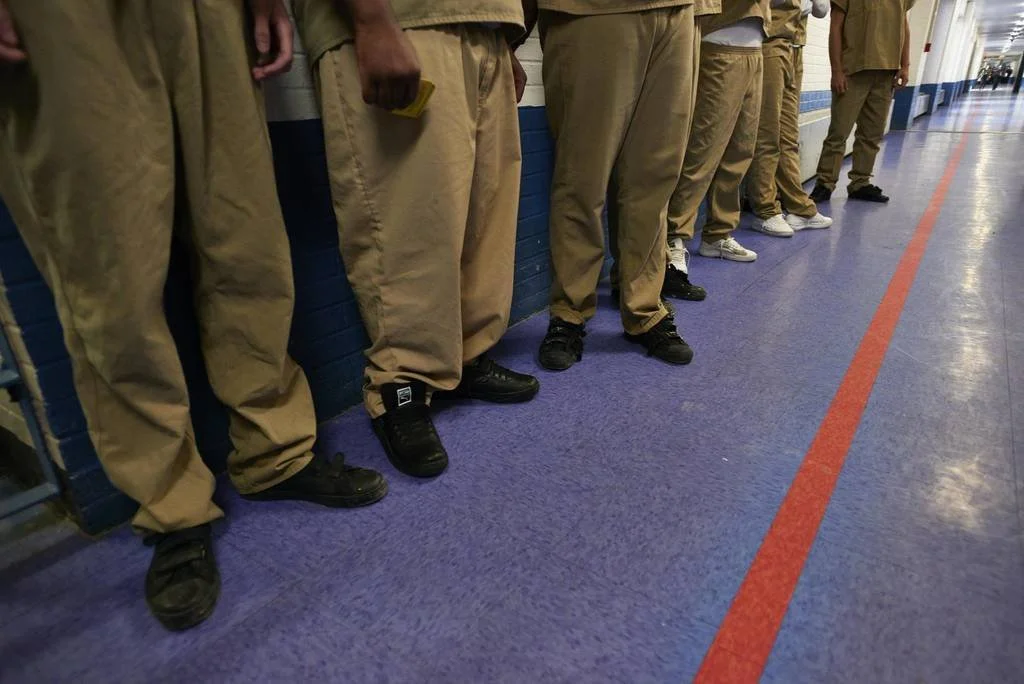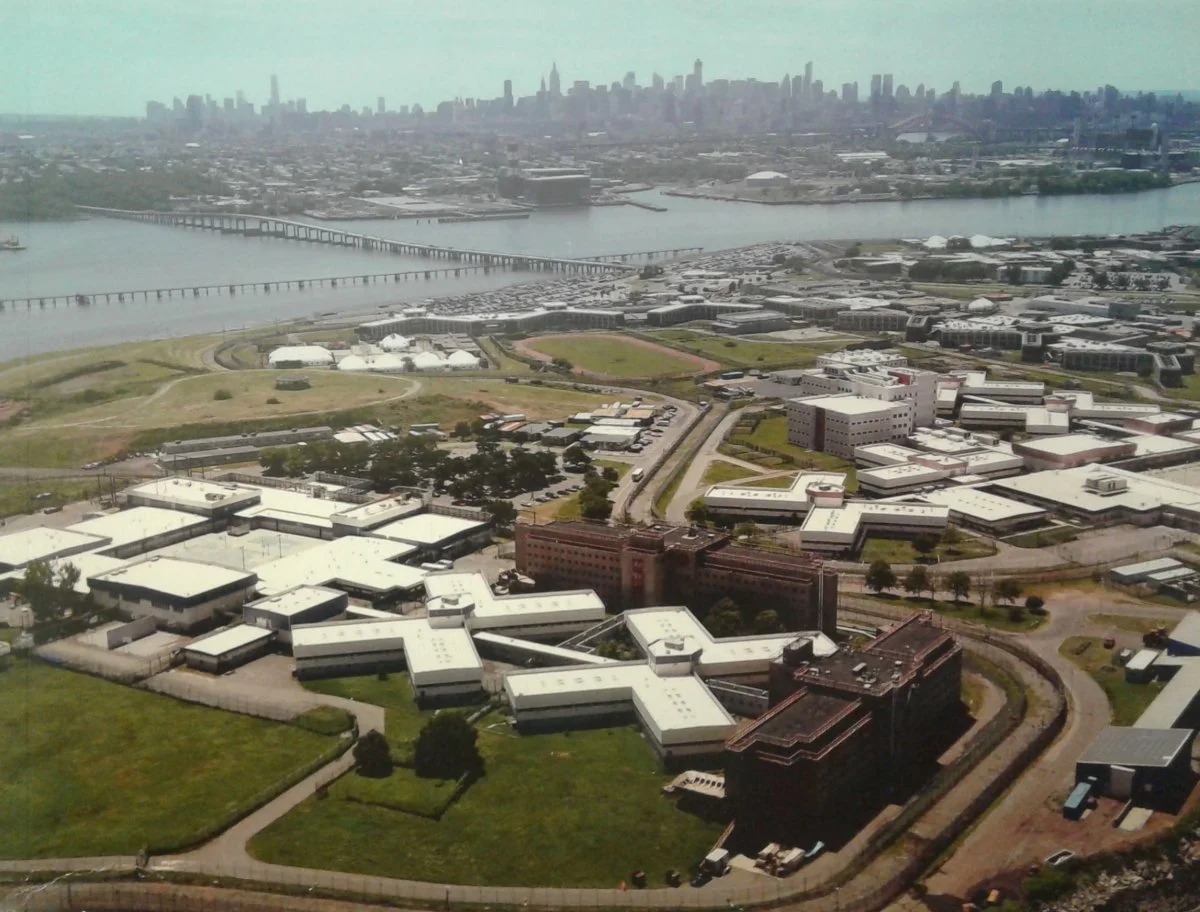CAMPAIGN LEADERS
TRACIE GARDNER
“I can see us turning the prodigious resources we use to cage people into investments in the community in a way that we haven't done for at least the last 40 or 50 years."
Tracie co-directs the National Black Harm Reduction Network (NBHRN).
MEDIA APPEARANCES
Q+A
1.) How are you connected to this movement?
I have been involved in various policy proposals to close Rikers, for almost as long as I've been advocating in New York City. So that's almost 30 years - this is not a new idea! More recently, I was very concerned that unless issues facing people with serious mental illness and substance use disorder were addressed, you can't close Rikers, because it's become a part of the healthcare system. In a way that's unfortunate, but it is what is true. So unless there's a discussion about addressing the needs of those individuals, Rikers remains part of the healthcare landscape, whether we like it or not.
2.) Why should Rikers close?
In recent years, we've recognized that incarceration has not made us safer or healthier. Corrections and Rehabilitation has absolutely nothing to do with what Rikers has been turned into, which is a penal institution. It punishes, it harms. And it represents a medieval approach to fairness and justice, if you will. So Rikers is an embarrassment for New York City, as we are supposed to be progressive and forward thinking on so many things. It's inhumane and violates international standards of cruelty, and it literally should not be something associated with New York City at all.
3.) What is your vision for a more just and equitable post-Rikers New York City?
I can see us turning the prodigious resources we use to cage people as investments in the community in a way that we haven't done for at least the last 40 or 50 years, when we've actually divested in the communities most harmed by Rikers. In other developed nations, there are true rehabilitative therapeutic and restorative ways to hold people accountable for crimes that don't make them worse off for being incarcerated than they were before they went. We really need to use the vast amounts of money that we spend on Rikers and how it hurts people into making communities healthier, safer. And we need to allow ourselves to envision the whole irrelevance of the word jail and incarceration, and really invest in community resources and community capacity to pursue fairness and justice. New York City should not be behind the rest of the world and how we address people who commit crimes. We should be ahead of it and we should ensure that we stop the churn of people in and out of these destructive systems.







